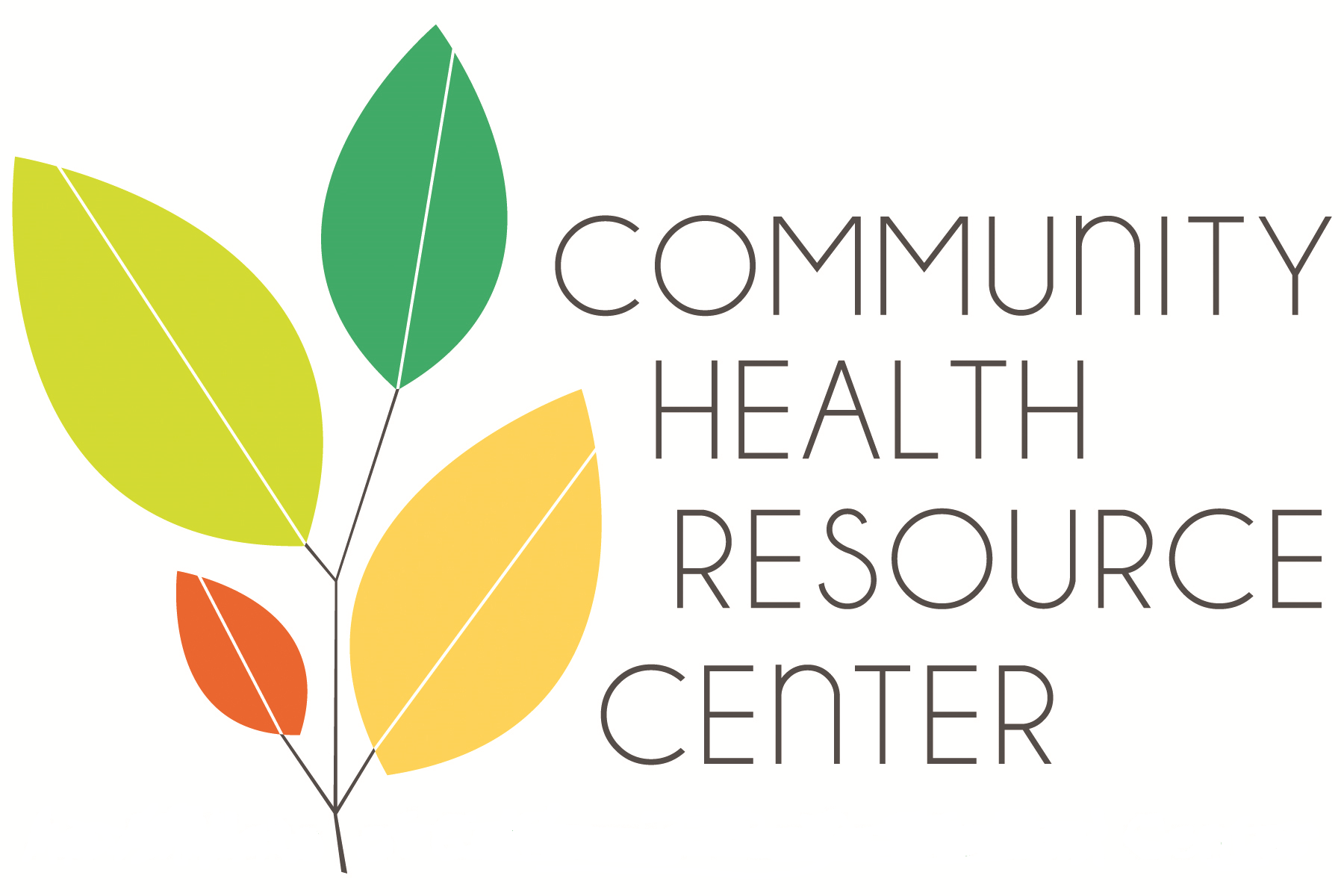High blood pressure is the silent killer that’s mainly linked to stroke and a number of heart problems. One out of every three people has blood pressure issues, but more than half of them are not aware of it, so they haven’t put it under control. The only method to prevent stroke and heart ailments is managing the risk factors such as high blood pressure, high blood glucose and high cholesterol. But it’s impossible to know which risk factors you are faced with unless you visit the doctor regularly for blood pressure checks and other tests.
If you’ve an ideal risk level, this does not mean that you’ve a risk of developing a serious heart disease, but it will be worth the effort trying to change your lifestyle positively.
With regular blood pressure screening, you can avert a catastrophe and life threatening surprises by seeking assistance at an emergency room if you find that the blood pressure readings have hit the roof. Regular checks also help your primary care physician determine the best treatment approach and lifestyle changes that should be recommended to the patient.
Nonetheless, some people may record high blood pressure levels while at the doctor’s office and low blood pressure readings at home. If a decision is to be made based on one off readings taken at the doctor’s office, managing the risks that are brought about by the high pressure becomes impossible.
And for a considerable number of patients, the screening results serve as a rude wake up call. Higher than optimal pressure level drives home a message that you’ve to change your diet and lifestyle. After reading the blood pressure results, what follows becomes personal as you will be asking yourself hard questions whose answers are unlikely to emanate from other quarters.
However, if you’ve been diagnosed with a more serious cardiovascular condition such as stroke or if your family has such history, your primary care physician may advise for a more regular home testing.


Comments are closed.